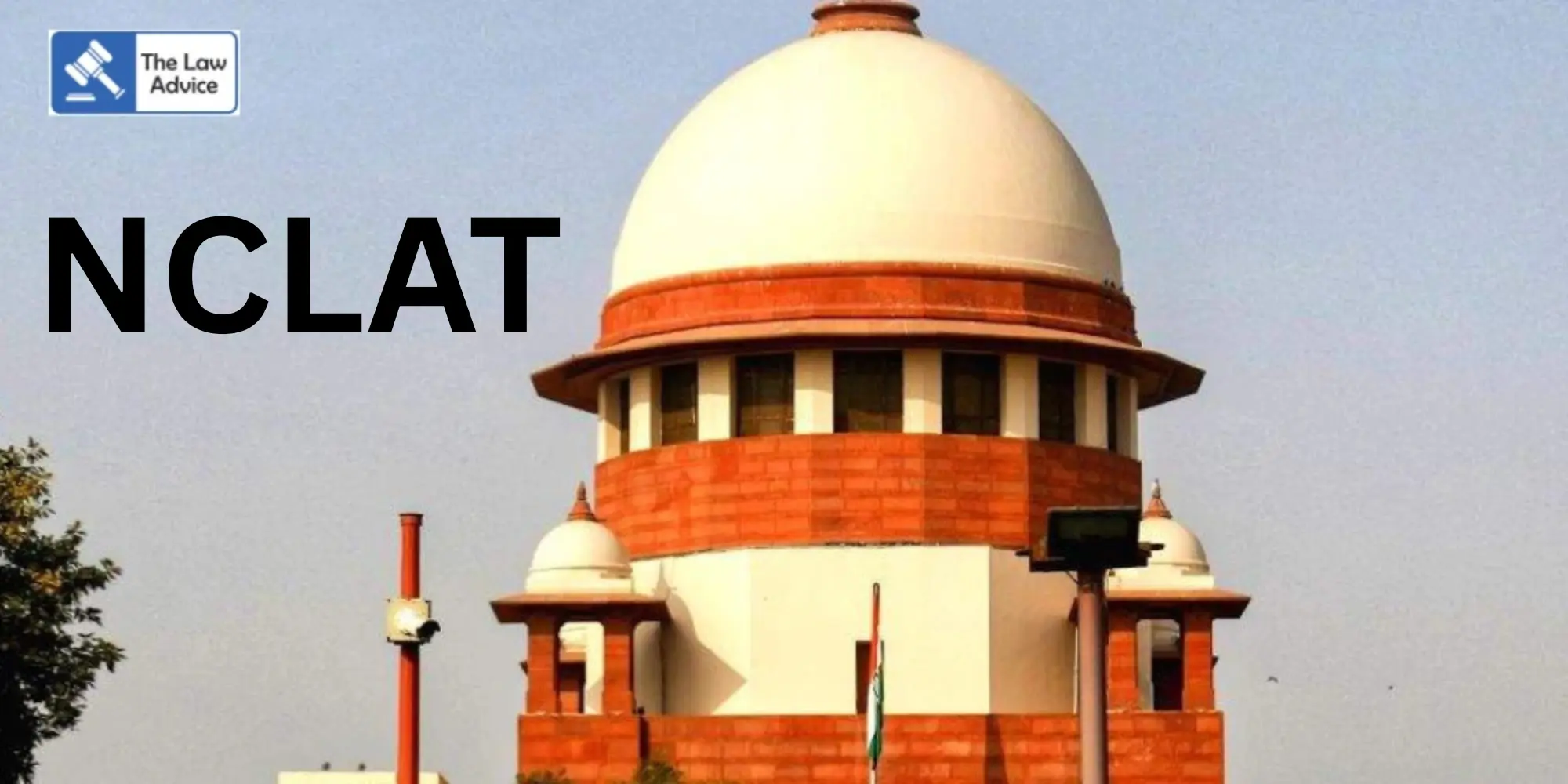
The Supreme Court will examine whether the National Company Law Appellate Tribunal (NCLAT), when faced with a split decision from a two-member bench, is permitted to refer the matter to a third Member for the deciding opinion, or whether the case must instead be reheard by a fresh bench of three Members.
A bench of Justices J.B. Pardiwala and K.V. Viswanathan noted that there is currently no clear statutory procedure addressing what should happen when NCLAT Members differ in their conclusions. The Court has sought the assistance of the Solicitor General to clarify the legality of the practice.
The dispute arose after the Appellant’s company name was removed from the Register of Companies by the Registrar of Companies (RoC). The company’s challenge before the NCLT was rejected. On further appeal, the NCLAT delivered conflicting opinions — one Member holding the removal to be unlawful, and the other Member upholding the RoC’s decision. Following the split, the matter was sent to a third Member, who agreed with the view supporting the RoC, leading to the dismissal of the appeal.
Challenging this outcome, the company has now approached the Supreme Court. Senior Advocate V. Rama Krishnan, representing the appellant, argued that the NCLAT lacked authority to send the case to a third Member in the absence of an explicit statutory or procedural provision. He contended that the proper course should have been a rehearing before a new, three-member bench, as the current approach raises concerns about fairness and due procedure.
The Supreme Court observed that the situation reflects a significant procedural gap. Calling it a matter warranting institutional clarity, the Court requested the Solicitor General to assist on the legal position and appropriate procedural framework.
The matter will next be heard on November 19, 2025.
Case Title: R. Narayanasamy v. Registrar of Companies, Tamil Nadu
Website designed, developed and maintained by webexy